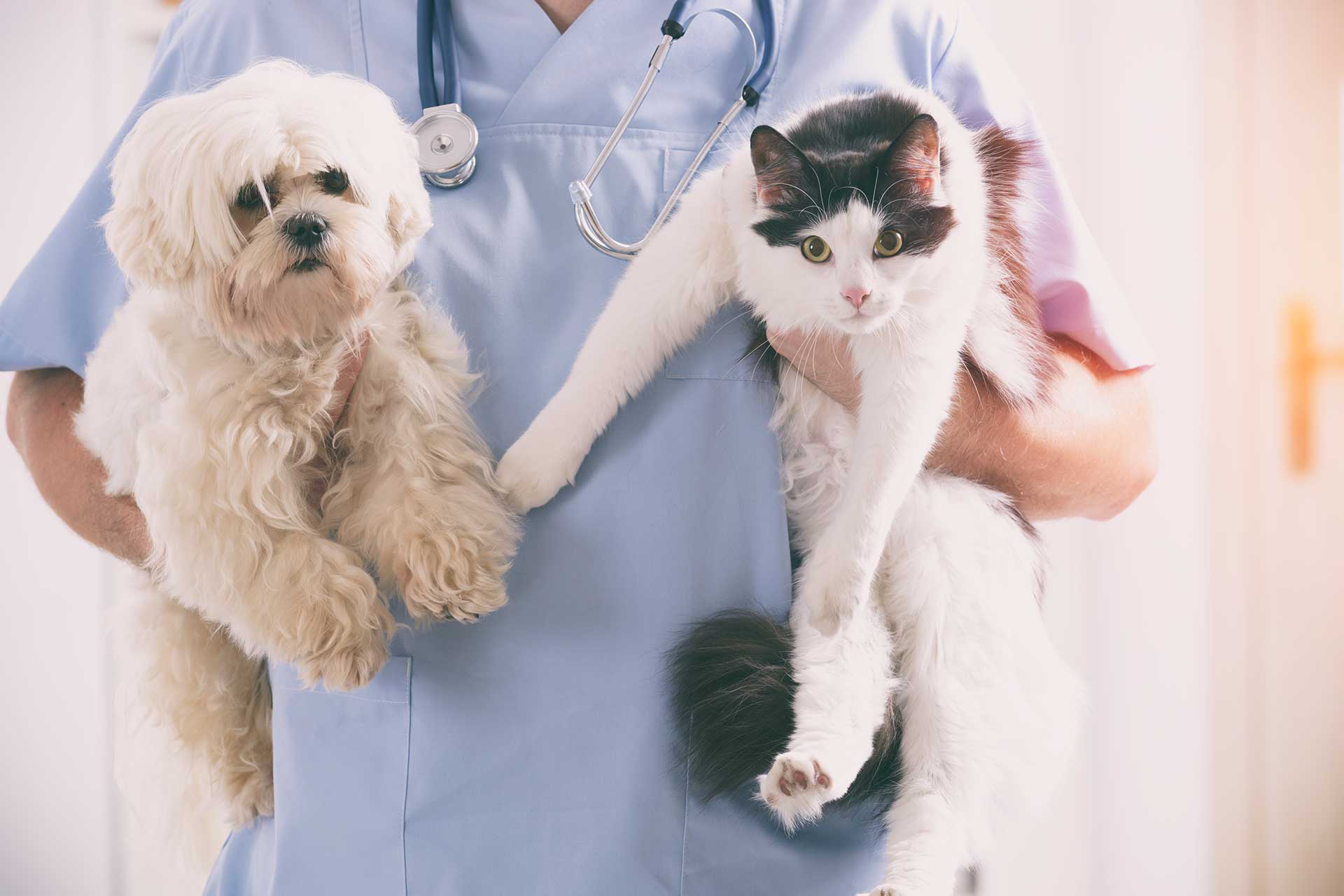Types of Pocket Pets
Rats and mice – these little guys have gotten a bad reputation through the years as being dirty and aggressive. Rats aren’t aggressive especially if hand reared. When you think of dirty rats, it is because their environment is dirty. The rodent actually enjoys being clean.
Rats and mice both need a sturdy home. They are rodents, so they like to chew. Make sure to include a nice snuggly bed area. A large enclosure would make a happy rat because rats love to climb and play and explore. Mice still need space, but because they are smaller, the enclosure can be smaller. Toys are a must to keep your pet mentally stimulated. Speak to your vet or reputable pet store for the best bedding.
Feeding time is made simple by scientifically formulated pellets. The pellets contain all the nutrients that your rodent buddy needs. Adding seeds and grains add variety to the meal. Treats are a great way of bonding and training your fur buddy. Washed veggies are great as a treat. Be careful with cleaning products near you pets, they are inquisitive and like to investigate. Speak to your vet about plants that are toxic to rats and mice, like tomato leaves and red cabbage.
Fresh water is vital; always make sure there is enough clean fresh water for your rodent to drink.
Regular vet visits are important to keep your pet happy and healthy, rats and mice are susceptible to respiratory problems and tumours. Generally ,rats and mice live for between 2 and 3 years but some have been known to live longer. Before getting a rat or a mouse make sure to chat to the vet about how often your furry friend needs to pay them a visit.
Guinea Pig – slightly larger than the mice and rats but no less adorable. Guinea pigs are communal animals so they would do better kept in pairs or a small group. The fluffy rodents are sociable and if handled often become very tame. The enclosure for your guinea pigs should be in a dry area that is out of the draft. Make sure the hutch is sturdy and they have adequate bedding. A compartment for them to sleep in will keep them happy.
Green leaves like fresh grass, milk thistle, dandelions, lettuce, carrot tops, silver beet and cauliflower leaves provide the guinea pigs with the vitamin C they need. Spoil them the occasional cabbage leaf and a little celery. Special pellets are available to help keep their diet balanced. Vets and good pet stores will show you the best ones. No potatoes, onions, rhubarb or clover for your guinea pig, it is toxic to them. Apples and hay are great treats for these little guys.
Regular check-ups to the vet are important. You need to make sure your little guy gets enough vitamin C, and like rats and mice guinea pigs are prone to tumours. They can get respiratory infections too and it is always good to make sure they are in good health with an examination. Guinea pig’s life span is between 5 and 7 years.



